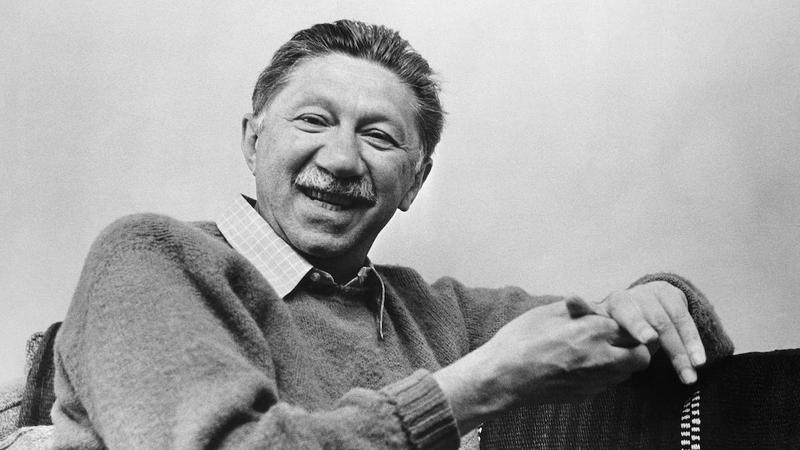Maslow: Why self-actualization is harder than it soundsMay 2, 2018

Self-actualization is a noble aim. It is one which sells millions of self-help books each year and inspired the creation of humanistic psychology. In our individualistic society, the very concept that among our principal drives is to become who we are is one which hardly needs to be offered to us. It is, nevertheless, one that should be correctly explained.
While most people have read or heard of Abraham Maslow’ s Hierarchy of Needs, and some of us have heard of how he added another level to the top, few people have heard about one of his major issues with the project. He realized that a lot of people believed they’d attained self-actualization already.
According to psychologist Barry Stevens, who counted Maslow among her friends, something funny happened after the idea of self-actualizing took off.
”(He) was unhappy with what happened with many people when they read what he wrote about ‘self-actualizing people’. I have received a fair number of letters saying ‘I am a self-actualized person’.
After studying Maslow’s works, people literally told their therapists that they had reached the very top of his hierarchy. Given that Maslow wrote in his book Towards a Psychology of Being that less than 1 percent of the adult population manages to achieve that level, he found the slew of reports to be odd and problematic.
Why would take issue with that? If you don’t have a fair amount of finical security you aren’t going to get past level two, let alone to self-actualization.
This problem goes back much further than Maslow. Aristotle, whose conception of eudaimonia has strong shades of self-actualization throughout, was open about the fact that only a well-off, Greek, male who has had a fair amount of luck in his life was going to be able to “live well”. Other psychologists who discuss the issue run into similar problems.
Maslow himself thought that anybody could become self-actualized. However, he based his theories on the healthiest _one percent_ of the college population and exemplary individuals from history. He took the fact that so many people who were rather unlike the people he used to construct the model were claiming to have self-actualized as a sign that he failed to describe it properly.
So, were those “self-actualized people” just mistaken?
Many of them undoubtedly were. Psychologist Fritz Perls, however, thought that a subtle misunderstanding may also have been at work. Self-actualization is the process of becoming who you are. Not, as he thought many people were doing, actualizing who you think you are or who you wish you were. It is likely that many of Stevens’ pen pals had actualized a self-image.
Maslow himself warned against believing self-actualization means acting on whatever urge you happen to have. Considering such actions to be self -expression instead of actualization. While a genuinely actualized individual would be impulsive and pursue activities they like, they would not be on a continuous spree searching for kicks. The chances that a number of these “self-actualized people” had done this are also fairly large.
So, what do I learn from that?
Well, first of all, which you’re most likely not self-actualized at the moment. Sorry about that.
The next thing you could get out of this is a better knowledge of the difficulty of what Maslow is suggesting you do. You not only need to fulfill all of the lower demands regularly, but also be open to making yourself emotionally vulnerable, be willing to terms with the more painful aspects of yourself, and be constantly striving for psychological growth.
None of this is simple, it can not be accomplished in a weekend, and your progress could be interrupted by any number of things. Carl Rogers, an American psychologist who worked with the concept of self-actualization, did not even make self-actualization an end point- he saw it as an infinite process. While it is an superb goal to get, self-actualization is a much harder target than most men and women realize.
Lastly, you should perhaps remember the old advice know thyself. After all, you can’t become who you are in case you do not understand who you are. This wisdom goes back to before Socrates and he would be the first to say you ought to worry about that.
Source: Big Think
Be the first to post a message!